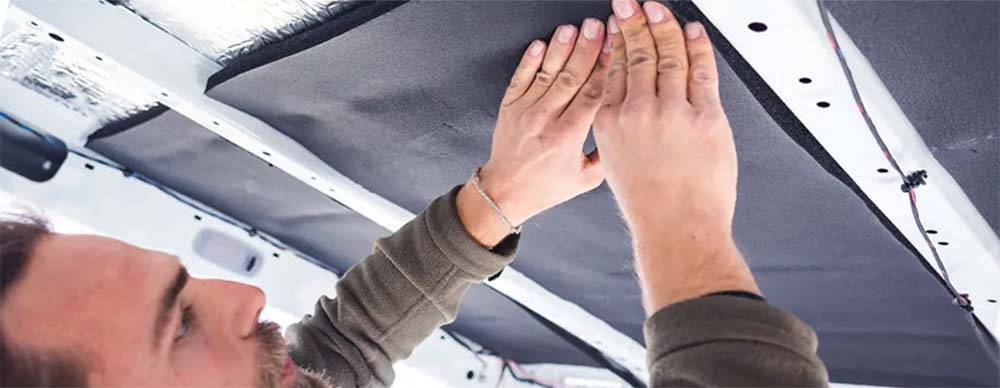Driving a car can sometimes be a noisy experience, with engine noise, road noise, and wind noise all contributing to an unpleasant cacophony. Soundproofing your car can help make your driving experience more comfortable, and this comprehensive guide will teach you how to effectively soundproof your car using various materials and techniques. We will explore the benefits of soundproofing, how to assess noise levels in your car, and the different methods you can use to achieve a quieter ride.
Benefits of Soundproofing Your Car
Soundproofing your car not only reduces noise levels but also has several other benefits. It can improve the audio quality of your sound system by reducing external noise interference, increase the overall comfort of your driving experience, and even potentially boost your vehicle’s resale value. By making your car a more enjoyable and relaxing place to be, you can reduce stress and fatigue on long journeys.
Assessing Your Car’s Noise Levels
Before you begin soundproofing your car, it’s essential to identify the specific sources of noise. This can help you determine which soundproofing techniques and materials will be most effective for your situation. Drive your car on various surfaces and at different speeds, paying close attention to where the noise is coming from. Note any rattles, vibrations, or other noises that are particularly bothersome, and use this information as a starting point for your soundproofing project.

Choosing the Right Soundproofing Materials
There are several materials available for soundproofing your car, each with its own strengths and weaknesses. Acoustic foam is excellent for absorbing airborne noise, while mass-loaded vinyl (MLV) is effective at blocking noise transmission. Sound deadening mats, made from a combination of materials, work to both absorb and block noise. Finally, weatherstripping can help seal gaps around doors and windows to prevent wind noise.
Soundproofing Techniques
When it comes to soundproofing your car, there are several areas you can target. Door panel soundproofing involves adding materials like MLV or sound deadening mats to the interior panels of your doors to reduce vibrations and noise. Floor and carpet soundproofing involves adding layers of insulation beneath your vehicle’s carpeting to block road noise. Roof soundproofing can be achieved using similar materials and techniques as door panel soundproofing, while trunk soundproofing can help prevent rattling and vibrations from your car’s cargo area. Finally, addressing the wheel wells and undercarriage can further reduce road noise and vibrations.
Tips for Effective Car Soundproofing
For the best results, it’s essential to use the right materials and techniques for your specific noise issues. Take the time to research and choose materials that best suit your needs, and be prepared to experiment with different combinations. Additionally, ensure that your soundproofing materials are installed correctly, as improper installation can lead to reduced effectiveness or even new noise problems.
Final Thoughts on Car Soundproofing
Soundproofing your car can make a significant difference in your driving experience, providing a more comfortable and enjoyable ride. By assessing your vehicle’s noise levels, choosing the appropriate materials, and employing the proper techniques, you can effectively reduce noise and create a more peaceful environment inside your car.


